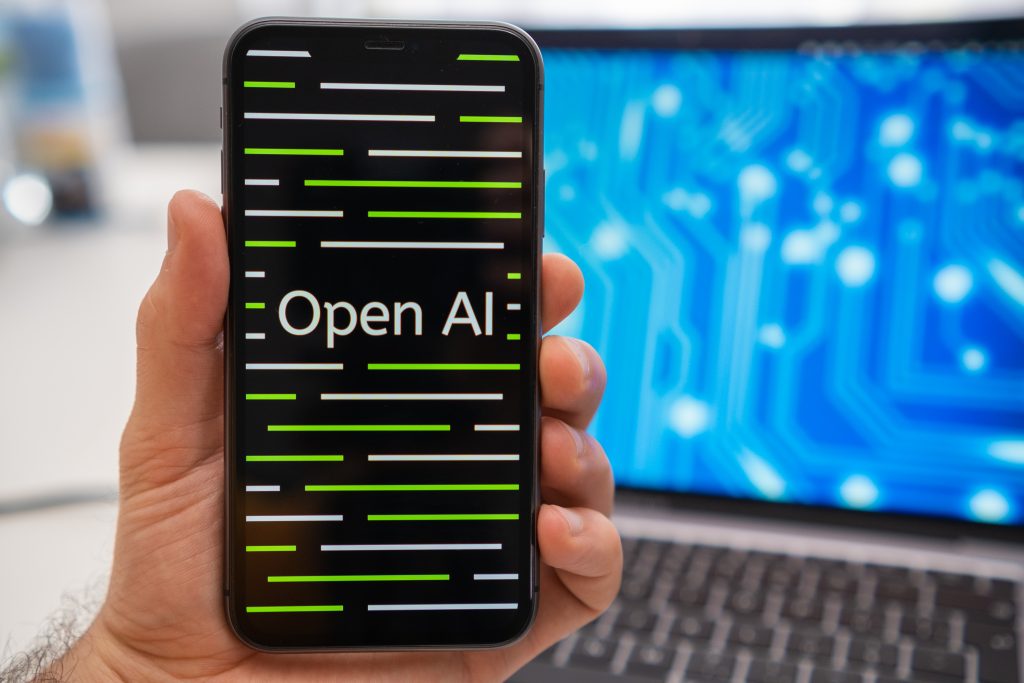
































The New York Times is reportedly contemplating taking legal action against OpenAI to safeguard its intellectual property rights associated with its journalism. The newspaper has been engaged in negotiations with OpenAI, the developer of ChatGPT, to establish a licensing agreement in which OpenAI would pay the Times for incorporating its stories into its AI tools.
However, the discussions have become acrimonious, prompting the newspaper to consider legal recourse. The primary concern for the Times is that ChatGPT, an AI tool that answers questions using the Times' original reporting, is becoming a direct competitor, potentially reducing the need for users to visit the paper's website.
One factor exacerbating this apprehension is the proliferation of generative AI tools in search engines, with Microsoft, which has invested in OpenAI, deploying ChatGPT in its Bing search engine. The Times fears that the demand for its content could dwindle if users receive AI-generated answers based on the newspaper's reporting. Large language models like ChatGPT extract data from various internet sources without permission, raising questions about the legality of this data collection. If OpenAI is found to have infringed on copyrights, federal law permits the destruction of the infringing articles upon resolution of the case.
Furthermore, violation of federal copyright law carries substantial penalties, with up to$150,000 in fines for each willful infringement. The Times' discussions with OpenAI have occurred against the backdrop of reports that the newspaper will not participate in negotiations with technology firms over the use of its content in AI models, setting it apart from other media organizations. Executives at the Times have previously expressed concerns about protecting intellectual property rights, reader relationships, and the newspaper's brand.
If the Times decides to pursue legal action, it would join other copyright holders who have filed lawsuits against AI companies. Comedian Sarah Silverman, for example, is part of a class-action lawsuit against OpenAI, claiming that ChatGPT ingested her memoir without permission. Similar copyright lawsuits have been directed at other generative AI companies, including Stability AI, which Getty Images have sued for training an AI model using unauthorized photos.
AI companies are anticipated to mount a defense citing the fair use doctrine, which permits using copyrighted material without permission in specific circumstances such as teaching, criticism, research, and news reporting. The outcome of these AI copyright disputes is expected to be influenced by two legal precedents: a 2015 federal appeals court ruling sanctioning Google's digital scanning of books under fair use and a recent Supreme Court decision finding that Andy Warhol's alterations to a photograph were not protected by fair use.
Lawyers for the New York Times argue that OpenAI's use of the paper's articles to generate news descriptions should not be considered fair use, as it risks replacing the Times' coverage.
 Etiquetas calientes:
Inteligencia Artificial
Derechos de propiedad intelectual
Legal y reglament
Etiquetas calientes:
Inteligencia Artificial
Derechos de propiedad intelectual
Legal y reglament